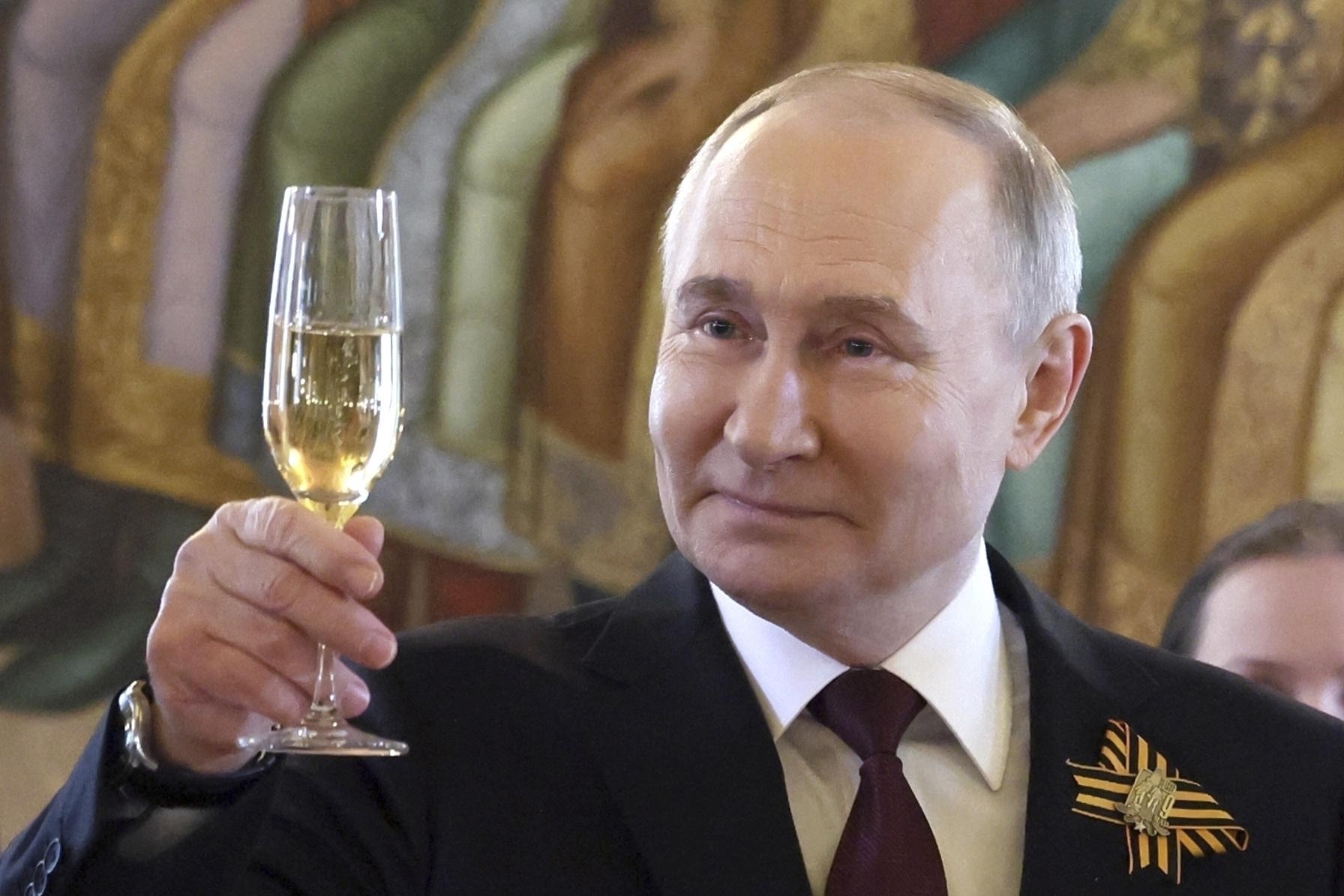European Union countries continue to import a significant amount of energy from Russia. "Last year we paid Russia 23 billion for the energy we bought," as specified yesterday by Energy Commissioner Dan Jorgensen, who acknowledged that this money is crucial to Vladimir Putin's war machine.
Furthermore, he recalled the comparison he has made on more than one occasion: all funds allocated by Europe for the purchase of Russian gas since the start of the invasion of Ukraine would allow the Kremlin to acquire 2,400 state-of-the-art F-35 fighter jets from the U.S. manufacturer Lockheed Martin. For all these reasons, the EU presented its "roadmap" on Monday to reverse this situation more than three years after the start of the war, and will ban the purchase of Russian gas by the end of 2025 while requiring all long-term contracts to be resolved by 2027.
"New contracts with Russian gas suppliers [pipelines and LNG] will be prevented, and existing spot contracts will be terminated by the end of 2025. This measure will ensure that, by the end of this year, the EU has reduced its remaining Russian gas supplies by a third. The Commission will also propose to end all remaining imports of Russian gas by the end of 2027," as reported by the Commission.
"Last year, ten member states imported Russian natural gas, three imported Russian oil, and six more imported enriched uranium or uranium services from Russia. Although limited, energy exports to the EU represent a source of income for the Russian state and can be used to sponsor its brutal military actions," added the Commission, whose strategy goes beyond gas. It is a first step that "will mark a permanent break," as stated by EU foreign policy chief Kaja Kallas, so that by 2027 there will be no more energy imports from Russia.
"Further action by the EU is needed to advance its independence from Russia. By reducing the risk of Russia using energy supply as a weapon, the gradual elimination of oil, gas, and nuclear energy from Russia will further strengthen the EU's energy security and help stabilize energy markets and prices," emphasized Brussels.
All this, added European Commission President Ursula von der Leyen, ensures "a stable supply for businesses and consumers." Furthermore, Commission sources add that all this is compatible with affordable prices for the population and companies. However, this has been one of the main reasons why the EU still depends energetically on Russia, and according to Jorgensen's calculations, monthly purchases amount to around 1.9 billion euros.
"We used to import a lot of energy from Russia. Specifically, coal, which we no longer do. 26% of the oil came from Russia, now only 3%. And to conclude, we used to import 46% of the gas from Russia, and now it's only 13%. We have made a lot of progress," added the commissioner to highlight the steps taken. But the figures remain significant.
National Plans and Parliament
Brussels' plan includes requesting national plans from member countries outlining how they will completely eliminate Russian gas, as well as nuclear energy and oil, in addition to their specific needs. The Commission also points out that the European Parliament will be involved in cutting imports, and that unanimity among countries will not be required for this decision. The reason is that governments like Hungary would veto the decision.
